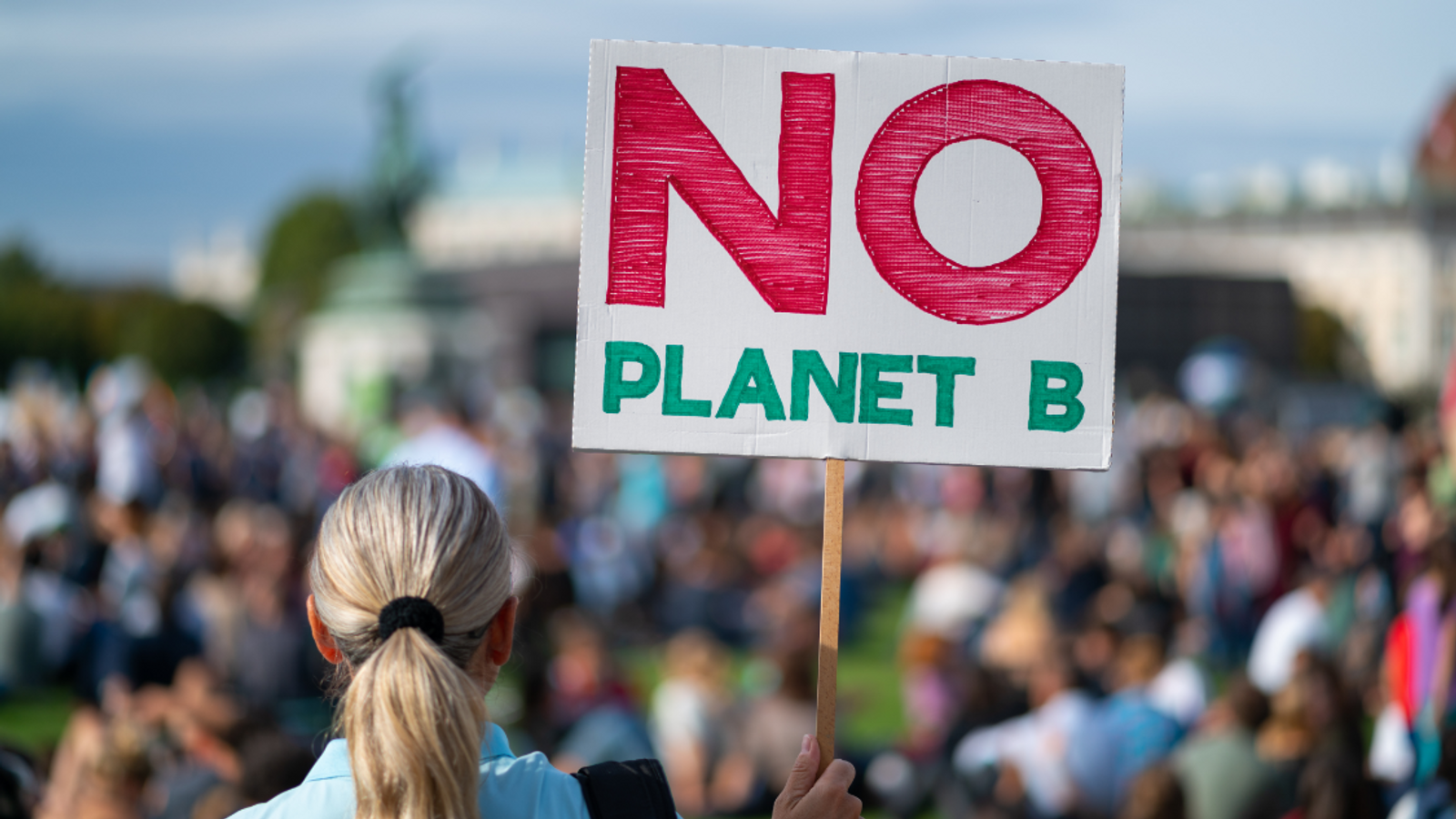The world needs to take “drastic action” to tackle climate change and failing to address it immediately could cost the global economy $1.7trn (£1.24trn) a year by 2025, experts have warned.
The economic damage may rise to about $30trn a year by 2075, according to estimates of 738 economists from around the world who were surveyed by New York University’s Institute for Policy Integrity.
The impact of climate change would also deepen income inequality between rich and poor countries, said nine out of 10 of the respondents, with most calling for urgent action to cut planet-warming emissions.
The most severe impacts will be in developing countries, due to factors like higher dependence on agriculture and vulnerability to extreme heat, said the institute’s strategy director Derek Sylvan.
Global warming will create “enormous” difficulties for developing countries and increase poverty rates, according to 89% of the experts.
And 70% of respondents anticipated that climate change would increase inequality within countries.
Three-quarters of respondents strongly agreed that drastic action should be taken immediately, compared with just half of economists polled by the same institute in 2015.
To avoid catastrophic climate change, scientists say the world needs to reach net-zero emission by 2050 – meaning people are adding no more emissions to the atmosphere than they are removing.
Two-thirds said the costs of investing towards that global goal would be outweighed by the economic benefits, which would include preventing natural disasters, preserving coastal infrastructure and assets and protecting food supplies.
Between 2009 and 2019 there were 7,300 major natural disasters globally, costing $3trn in damages and resulting in 1.2 million deaths, according to data from the United Nations.
This compares with about 4,200 disasters, leading to 1.19 million killed and $1.6trn in losses during the previous 20 years.
The latest findings come ahead of November’s UN Climate Change Conference, a yearly conference to assess how countries are dealing with climate change and provide updates on the 2016 Paris Agreement.
Please use Chrome browser for a more accessible video player
“With the costs of clean technologies falling all the time, ambitious climate action is not just the right thing to do for the planet, it’s the right move for the economy, too,” said Sam Hall, director of the UK-based Conservative Environment Network.
Activists argue the impact of climate change is clear, with Japan experiencing an earlier-than-normal cherry blossom, sandstorms covering Beijing and land collapsing into the sea causing homes to tumble over in Kent.
The Paris Agreement is a 195-nation accord signed by countries to take measures to reduce the amount of CO2 being produced.
Former US president Barack Obama was influential in signing the agreement but his successor, Donald Trump, withdrew the US from the agreement.
However, President Joe Biden has re-joined the accord, and appointed John Kerry as America’s first-ever climate envoy.
Subscribe to the Daily podcast on Apple Podcasts, Google Podcasts, Spotify, Spreaker
Sky News is set to launch the first daily prime time news show dedicated to climate change.
Hosted by Anna Jones, The Daily Climate Show will follow Sky News correspondents as they investigate how global warming is changing our landscape and how we all live our lives.
First airing on Wednesday 7 April, the show will also highlight solutions to the crisis and show how small changes can make a big difference.






















